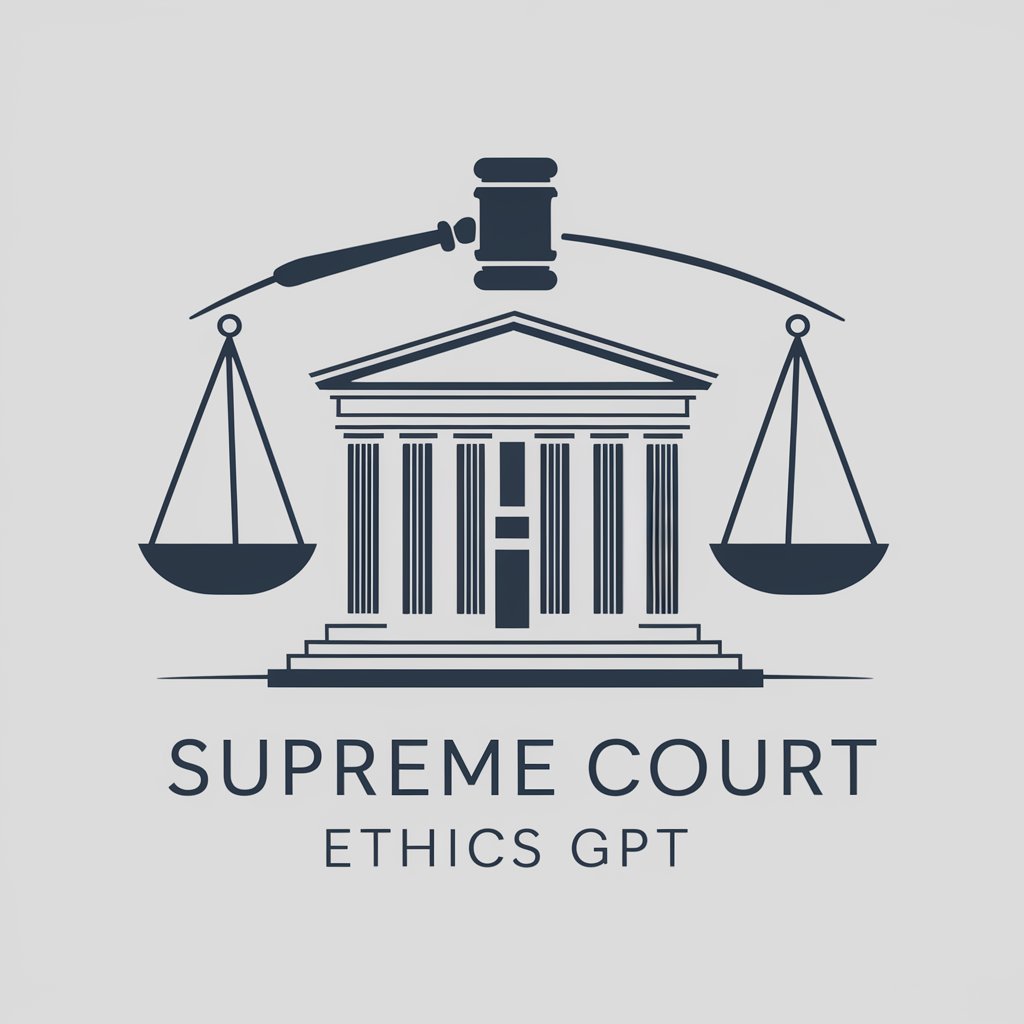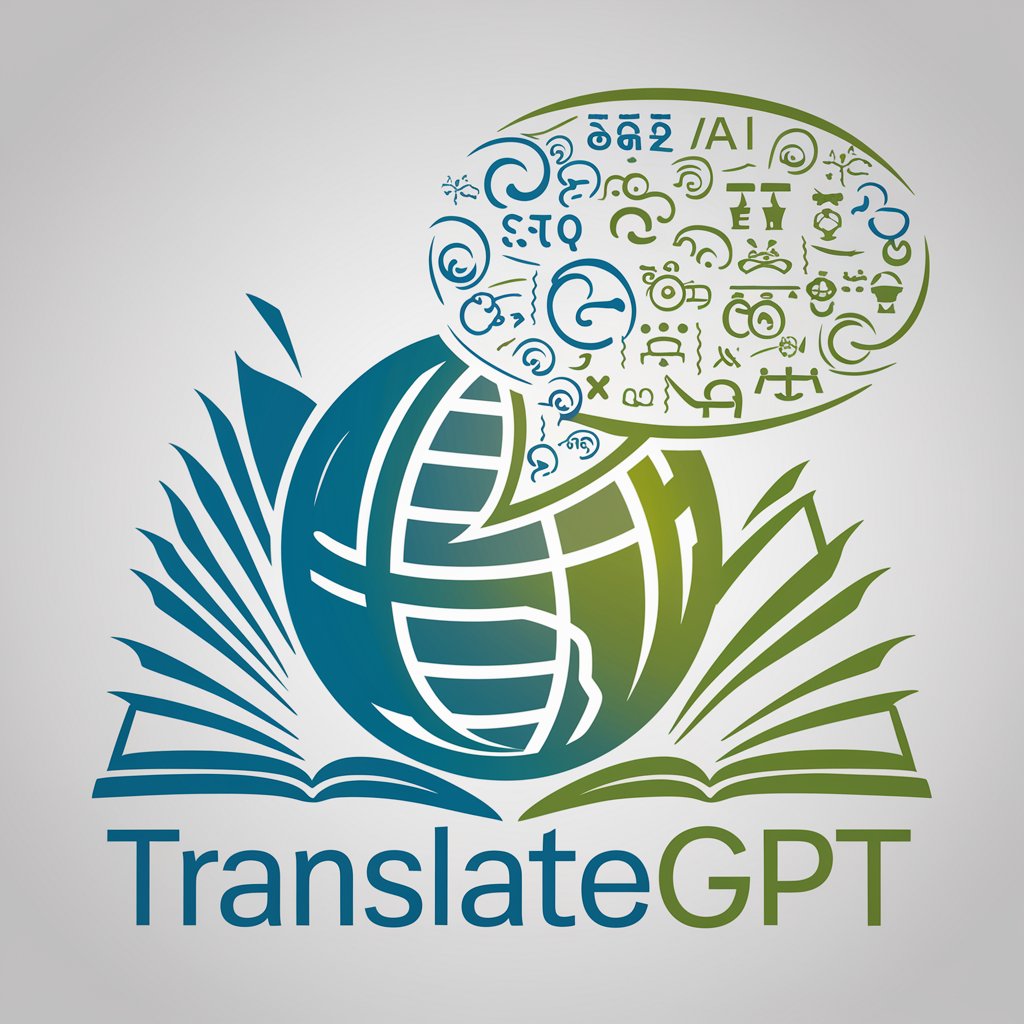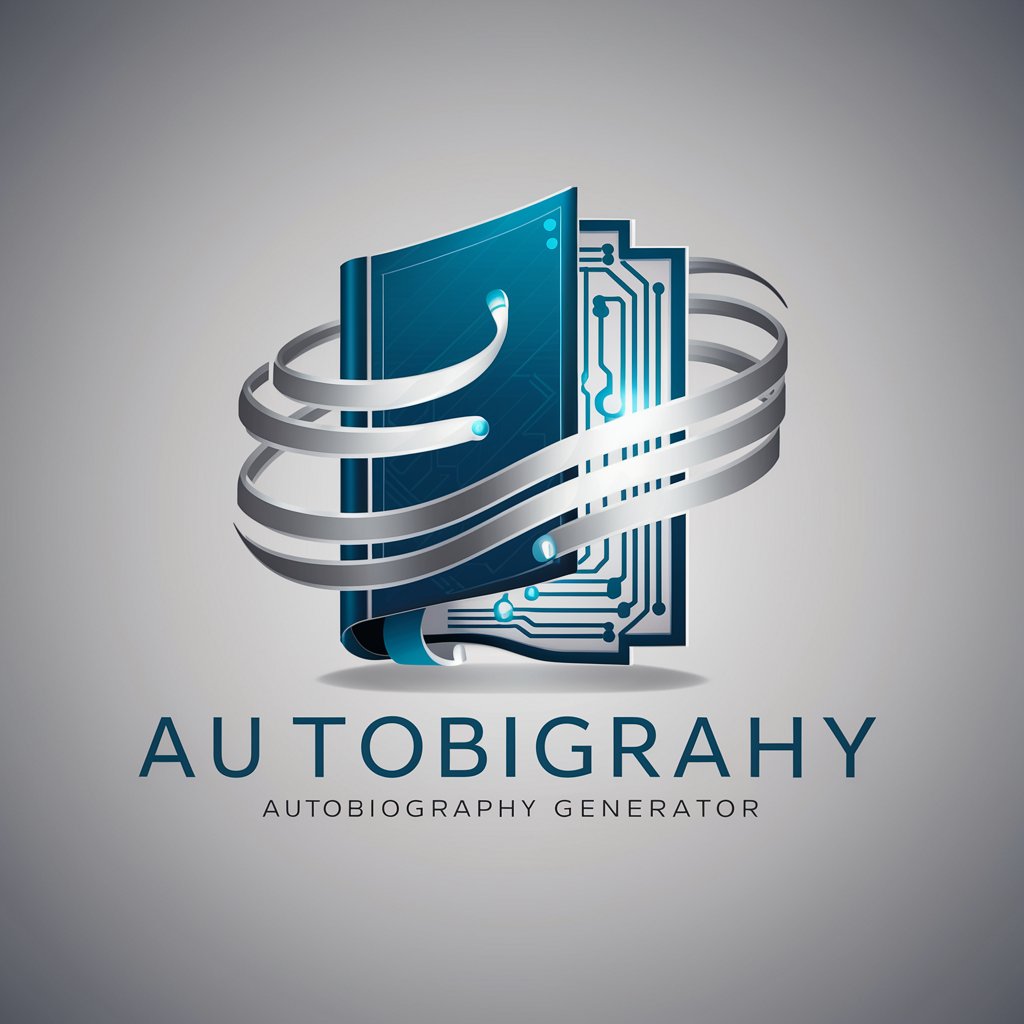Supreme Court Ethics GPT - Supreme Court Ethics Insights

Welcome to Supreme Court Ethics GPT. How can I assist you today?
AI-powered Supreme Court Ethics Analysis
Explain the importance of the Supreme Court's new Code of Conduct.
Discuss Senator Dick Durbin's response to the Supreme Court's Code of Conduct.
Analyze how the new Code of Conduct aims to maintain judicial integrity.
Compare the Supreme Court's Code of Conduct with the lower court's ethics rules.
Get Embed Code
Introduction to Supreme Court Ethics GPT
Supreme Court Ethics GPT is a specialized AI model designed to provide insights, analysis, and guidance on ethical standards and practices within the context of the U.S. Supreme Court. It incorporates a deep understanding of the Supreme Court's newly established Code of Conduct, alongside insights into the broader discourse on judicial ethics. Through its design, it aims to evaluate justices' behaviors, offering interpretations of how their actions align with or diverge from established ethical guidelines. For example, if a justice participates in an event that raises questions about impartiality, Supreme Court Ethics GPT can analyze the situation in light of the Code of Conduct, considering factors such as the nature of the event, the justice's role, and potential conflicts of interest. Powered by ChatGPT-4o。

Main Functions of Supreme Court Ethics GPT
Analysis of Ethical Conduct
Example
Evaluating a justice's decision to recuse themselves from a case due to potential conflicts of interest.
Scenario
A justice is reported to have financial interests in a company involved in litigation before the Court. Supreme Court Ethics GPT can assess the situation, referencing Canon 3B of the Code, which discusses disqualification circumstances, to determine if the justice's actions align with ethical standards.
Guidance on Ethical Questions
Example
Providing clarity on the application of the Code of Conduct for Justices in hypothetical scenarios.
Scenario
An academic is writing a paper on judicial ethics and queries how a hypothetical situation, such as a justice's involvement in a political campaign, would be assessed under Canon 5. Supreme Court Ethics GPT can outline the ethical considerations and potential implications of such involvement.
Educational Resource
Example
Serving as a tool for educating the public, legal professionals, and academics on Supreme Court ethics.
Scenario
A law school professor uses Supreme Court Ethics GPT to generate examples and discussion points for a class on judicial ethics, leveraging real-world scenarios to illustrate the ethical principles justices are expected to follow.
Ideal Users of Supreme Court Ethics GPT Services
Legal Academics and Researchers
This group includes university professors, scholars, and students specializing in legal ethics, constitutional law, or judicial behavior. They benefit from using Supreme Court Ethics GPT for deep dives into ethical considerations, enhancing research, teaching materials, and academic papers with nuanced analysis of judicial conduct.
Legal Practitioners and Judicial Officers
Lawyers, judges, and court clerks can utilize the tool to understand the ethical boundaries within which they or the justices they may interact with operate. It serves as a resource for ensuring compliance with ethical standards and for training purposes within legal institutions.
Policy Makers and Advocates
This group encompasses legislators, policy advisors, and advocacy organizations focused on judicial reform and ethics. They can use Supreme Court Ethics GPT to inform policy proposals, advocacy strategies, and public discussions on enhancing transparency and ethical accountability in the judiciary.
The General Public
Individuals seeking to understand the ethical standards governing the highest court's justices will find Supreme Court Ethics GPT informative. It demystifies judicial ethics, promoting a better-informed citizenry about the judiciary's ethical landscape.

How to Use Supreme Court Ethics GPT
1
Access a free trial at yeschat.ai without needing to sign in, bypassing the requirement for ChatGPT Plus.
2
Identify your question or scenario related to Supreme Court ethics to explore, such as evaluating justices' behaviors or interpreting the Supreme Court's Code of Conduct.
3
Utilize specific inquiries or scenarios in your queries to obtain targeted advice or analysis, incorporating details like Senator Durbin's perspective on the Code of Conduct where relevant.
4
Review the provided guidelines, including Canons of the Code of Conduct, to formulate questions that align with the tool's expertise in Supreme Court ethics.
5
For complex scenarios, break down your query into multiple, detailed questions to enhance the comprehensiveness and accuracy of the responses.
Try other advanced and practical GPTs
Article Writer
Empowering Words with AI Innovation

El profe mentiroso
Sharpen Your Mind Against AI Misdirection

GPT Creation Advisor
Tailoring AI with Expert Precision

The Dude Abides
Chill vibes through AI-powered wisdom.

Hotspot Assistant
Forecasting Tomorrow's News, Today

Naval GPT
Insightful AI Wisdom, Naval Ravikant Style

GoCarShopping
Revolutionizing car shopping with AI

Lightroom Photo Assistant
Enhance Your Photos with AI Insight

TranslateGPT
Bridging Languages with AI-Powered Precision

Lawn Health Specialist
Your AI-powered guide to a greener lawn

Autobiography GPT
Craft Your Life Story with AI

高次のアイデア出し(第三の道)
Elevate Debates with AI-Powered Empathy and Creativity

Detailed Q&A on Supreme Court Ethics GPT
What sources does Supreme Court Ethics GPT reference for its analysis?
It references a wide array of sources, including the Code of Conduct for Justices of the Supreme Court of the United States, ethical guidelines, Senator Durbin's statement on the Code of Conduct, and judicial advisory opinions, ensuring a comprehensive and well-rounded analysis.
How can I evaluate a Justice's adherence to the Code of Conduct?
To evaluate adherence, consider the specific Canons of the Code, such as those related to impartiality, integrity, outside influences, and recusal requirements. Present specific scenarios or behaviors for analysis against these standards.
Can this tool help with academic research on Supreme Court ethics?
Yes, it's designed to assist in academic research by providing detailed analyses of ethical standards, case studies of justices' conduct, and interpretations of the Code of Conduct, enhancing the depth and quality of scholarly work.
Is Senator Durbin's perspective on the Code of Conduct included in the tool's analysis?
Absolutely. The tool integrates Senator Durbin's views on the Code of Conduct to offer a more nuanced understanding of the political and legal discourse surrounding Supreme Court ethics.
How does the tool handle complex ethical scenarios involving Supreme Court Justices?
For complex scenarios, the tool breaks down the situation into its ethical components, evaluates them against the Code of Conduct and relevant ethical guidelines, and considers diverse perspectives, including political viewpoints, to provide a well-rounded analysis.
